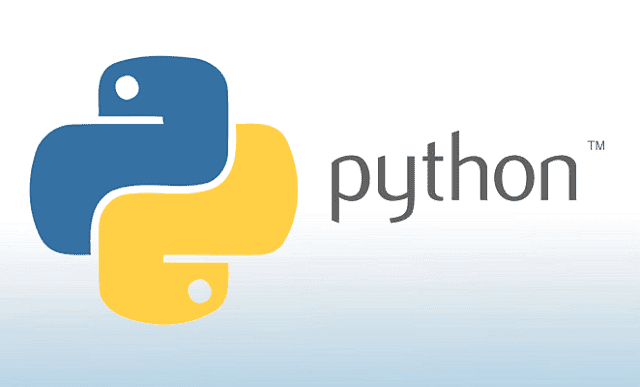
Python is elegant, use these libraries can make your code more concise, and maintain persistence. Here are list 9 Python modules you should know:
- docopt is based on conventions that have been used for decades in help messages and man pages for describing a program’s interface. An interface description in docopt is such a help message but formalized.
- Requests allow you to send organic, grass-fed HTTP/1.1 requests, without the need for manual labor. There’s no need to manually add query strings to your URLs or to form-encode your POST data. Keep-alive and HTTP connection pooling are 100% automatic, powered by urllib3, which is embedded within Requests.
- lxml The lxml XML toolkit is a Pythonic binding for the C libraries libxml2 and libxslt. It is unique in that it combines the speed and XML feature completeness of these libraries with the simplicity of a native Python API, mostly compatible but superior to the well-known ElementTree API. The latest release works with all CPython versions from 2.6 to 3.5.
- Delorean can be yours in a very convenient way to process the data and time. Set the time zone, intercept to seconds, minutes, hours, or even use a special method to iterate from one data to another.
- Structlog is an advanced logging processor. structlog makes structured logging in Python easy by augmenting your existing logger. It allows you to split your log entries up into key/value pairs and build them incrementally without annoying boilerplate code.
- Bottle is a fast, simple, lightweight micro WSGI web framework. Small sites and APIs can be built in seconds. All frames only one
pyfile, you can even put in any directory. - Watchdog is cross-platform Python libraries and shell tools that can monitor file system events. Super easy to use, and easy to use.
- sh is a mature Python subprocess interface tool that allows you to run the same function as running any programs. Super easy to use.
- PEW is a tool to manage multiple virtual environments written in pure python